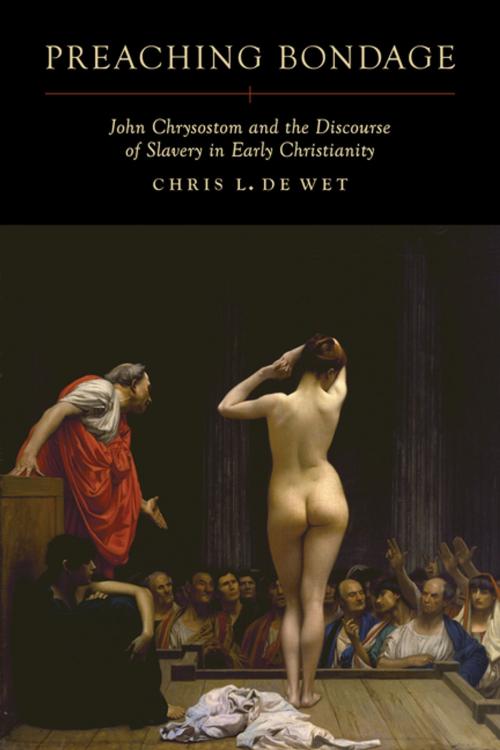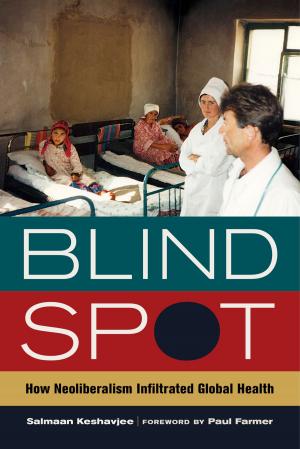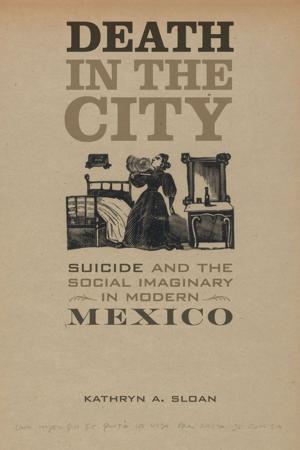Preaching Bondage
John Chrysostom and the Discourse of Slavery in Early Christianity
Nonfiction, Social & Cultural Studies, Social Science, Discrimination & Race Relations, Religion & Spirituality| Author: | Chris L. de Wet | ISBN: | 9780520961555 |
| Publisher: | University of California Press | Publication: | July 21, 2015 |
| Imprint: | University of California Press | Language: | English |
| Author: | Chris L. de Wet |
| ISBN: | 9780520961555 |
| Publisher: | University of California Press |
| Publication: | July 21, 2015 |
| Imprint: | University of California Press |
| Language: | English |
Preaching Bondage introduces and investigates the novel concept of doulology, the discourse of slavery, in the homilies of John Chrysostom, the late fourth-century priest and bishop. Chris L. de Wet examines the dynamics of enslavement in Chrysostom’s theology, virtue ethics, and biblical interpretation and shows that human bondage as a metaphorical and theological construct had a profound effect on the lives of institutional slaves. The highly corporeal and gendered discourse associated with slavery was necessarily central in Chrysostom’s discussions of the household, property, education, discipline, and sexuality. De Wet explores the impact of doulology in these contexts and disseminates the results in a new and highly anticipated language, bringing to light the more pervasive fissures between ancient Roman slaveholding and early Christianity. The corpus of Chrysostom’s public addresses provides much of the literary evidence for slavery in the fourth century, and De Wet’s convincing analysis is a groundbreaking contribution to studies of the social world in late antiquity.
Preaching Bondage introduces and investigates the novel concept of doulology, the discourse of slavery, in the homilies of John Chrysostom, the late fourth-century priest and bishop. Chris L. de Wet examines the dynamics of enslavement in Chrysostom’s theology, virtue ethics, and biblical interpretation and shows that human bondage as a metaphorical and theological construct had a profound effect on the lives of institutional slaves. The highly corporeal and gendered discourse associated with slavery was necessarily central in Chrysostom’s discussions of the household, property, education, discipline, and sexuality. De Wet explores the impact of doulology in these contexts and disseminates the results in a new and highly anticipated language, bringing to light the more pervasive fissures between ancient Roman slaveholding and early Christianity. The corpus of Chrysostom’s public addresses provides much of the literary evidence for slavery in the fourth century, and De Wet’s convincing analysis is a groundbreaking contribution to studies of the social world in late antiquity.















